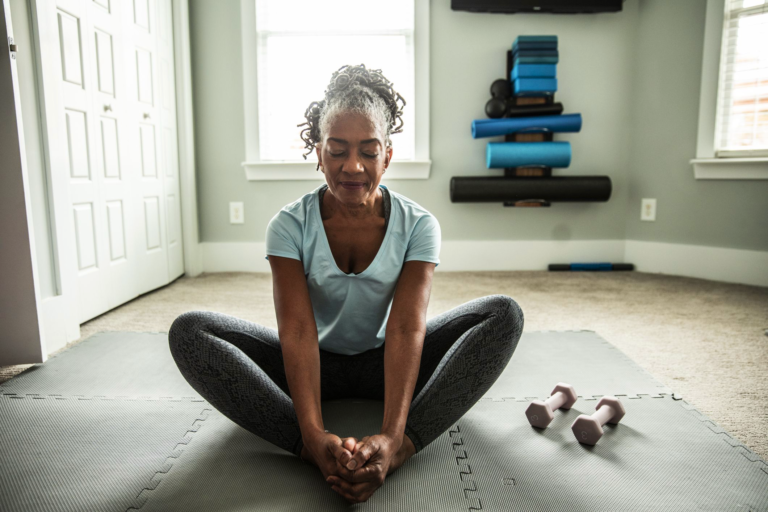National Self-Check Month: Checking Yourself Out
Oftentimes, we hear the stories behind what it feels like to lose someone, the whirlwind of emotions like pain, guilt, even the anger we associate with that loss. But what if the person lying on the table were you? Would you have second thoughts? Would you ask yourself, “What could ‘I’ have done better?” If so, then it may be time to start taking care of yourself more, and we’ll show you how.
Checking
Today we generally hear a lot about “self love” and taking the time to commit a piece of our lives to “self care.” What we don’t often hear about is the practice of Self-Checking. This is considered the umbrella term for self love and self care, just with more emphasis on physical awareness and wellbeing.
Yourself
This means finding some time today to ask yourself important questions like, “Is there pain anywhere on my body?”, “How do I feel currently?”, and “Is there anything out of place?” (Hopefully it’s not an arm or a leg of course) Make sure to examine your body on a regular basis to ensure that you are healthy. Find your personal “normal” and if it at all looks different than the day before, you might need to make a visit to your personal physician.
Your age, sex, family history, and lifestyle all have an impact on the self-checks you should be performing. Early detection of most cancers, heart problems, diabetes, and weight issues tend to be simpler to address and have better long-term outcomes when detected early. Many people don’t perform self checks because they think they don’t want to know if they’re sick, or believe that they are not at risk for disease. However, the earlier an issue is detected, the more likely a person is to get the treatment that can save their life.
Out
Consider the basic healthy lifestyle habits like, eating well, and getting regular exercise that will contribute immensely to your mind, body and soul. The 9 Vibrant Ways of Living will give you an outline to build these healthy habits.
Most people are familiar with the self-check for breast cancer, but self-checks don’t always mean a physical self-evaluation. Understanding your personal risks and knowing the warning signs that indicate you are not completely healthy are important. There are various cancers that you can be aware of to check for, as well as keeping an eye out for heart disease, diabetes, obesity, and other health issues that may run more deeply in your family than others. If you need help going through the self-check process, Selfchec is a great step-by-step guide to checking yourself out.











